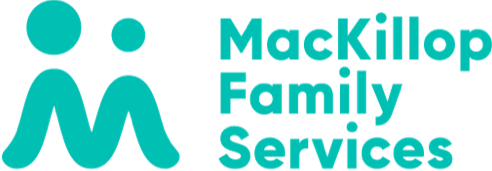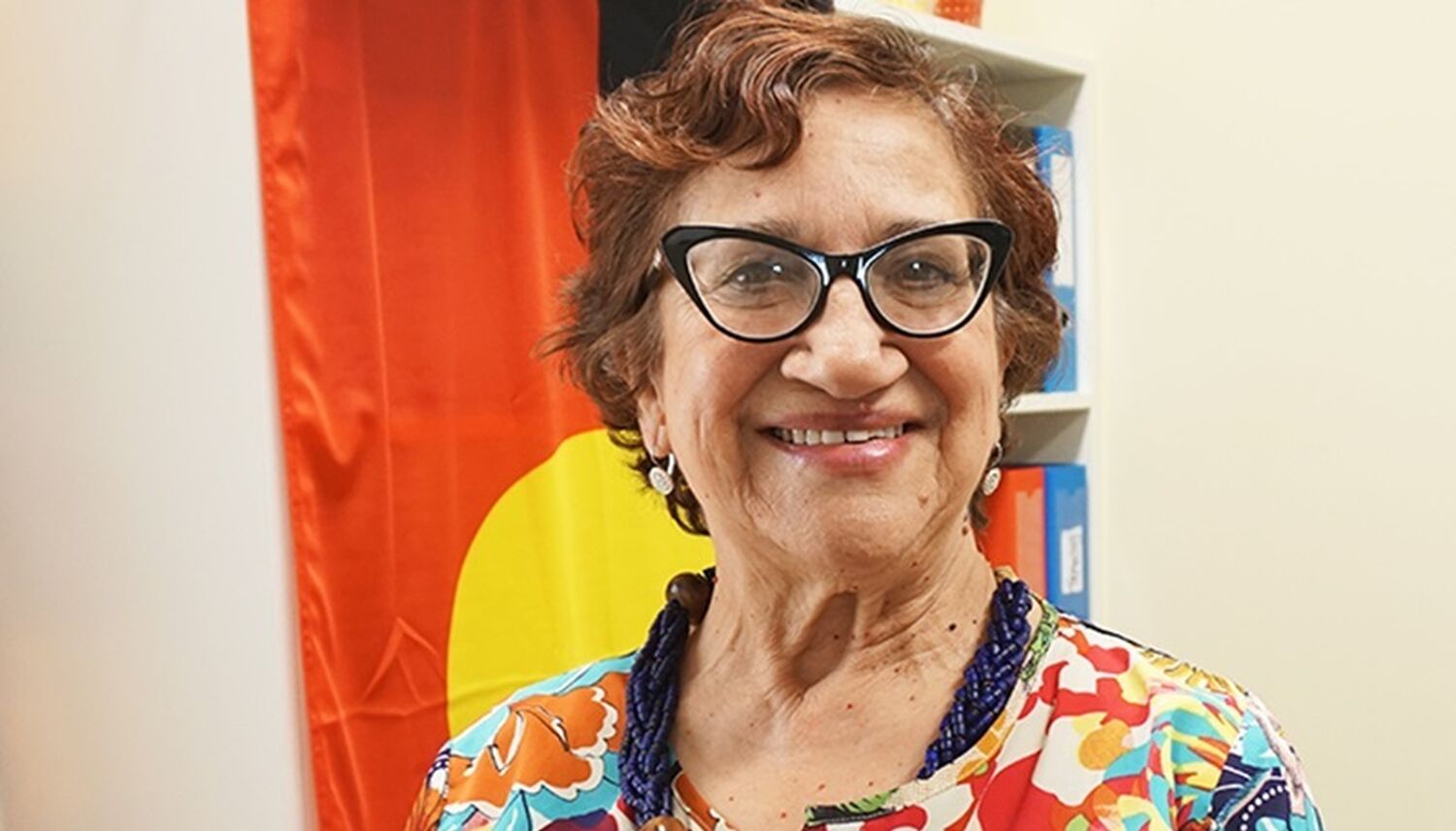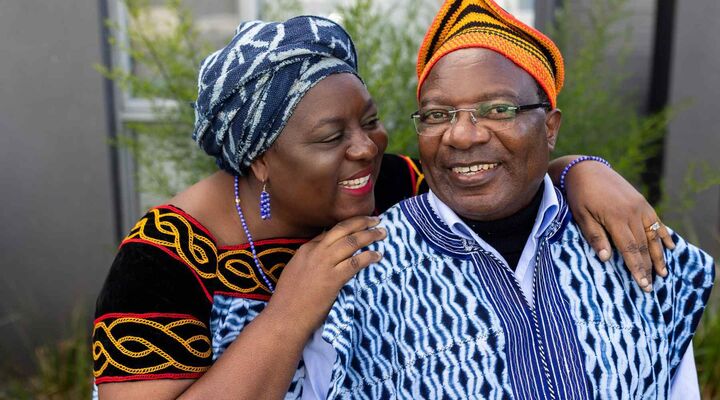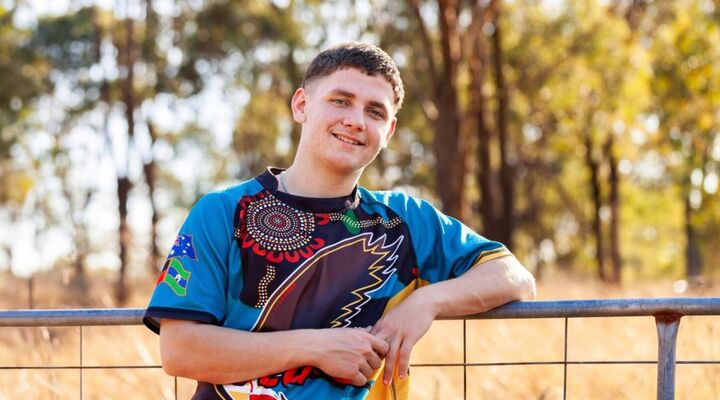The theme of this year’s NAIDOC Week, Because of Her, We Can! celebrates strong Aboriginal women who have played significant roles at community, local, state and national levels.
It is a fitting time to meet Esmai Manahan, MacKillop’s National Director for Aboriginal & Torres Strait Islander Service Development who has been with the organisation for six weeks.
A proud Yorta Yorta woman, Esmai also has strong bloodlines to the Gunditjmara and Taungurong Aboriginal people through her grandparents and her people come from North Victoria, near Echuca.
Esmai’s mother was born at a mission in Cummeragunja and was raised there with her family before leaving aged 15 to enter domestic service. Many Yorta Yorta people from Cummeragunja became leaders in the community with strong guidance from people such as Sir Douglas Nicholls, William Cooper, Margaret Tucker, Geraldine Briggs.
Esmai believes this year’s Because of Her, We Can! theme is,
“A real opportunity to respect and acknowledge the role that Aboriginal woman have played in the community. Women were so influential in working alongside Aboriginal men and in developing services throughout the 60s 70s and 80s in Victoria and nationally.”
Esmai takes her inspiration from her mother Merle Morgan Jackomos,
“I feel blessed to have grown up alongside such amazing women. They were my heroes. Both my mother and my aunt were dignified and inspirational leaders and they remain enduring role models. My Dad was also very engaged in politics and social justice. He was the son of Greek immigrants and lived in Carlton, Melbourne and from an early age he became involved with the affairs and issues of Aboriginal people.
“My two brothers and I were always involved in politics and campaigns, it is all we knew. We went to meetings, rallies, events, dances, most of which my parents would have been involved in organising. I remember going to the Collingwood football ground with my Dad to collect signatures for the 1967 Referendum.
“At that time growing up in Melbourne, the Aboriginal population was quite small. People were still coming down from the country area and from interstate, but not in large numbers."
Family and community were the focus of Esmai’s life when growing up,
“The women played a strong role in caring for grandchildren and keeping families together. Looking out for kin is an integral part of our culture. It is vital that families remain connected to their communities. When family ties are broken down, that creates huge difficulties and unfortunately, we are seeing the results of that breakdown with increasing numbers of Aboriginal children entering out of home care because of intergenerational trauma.”
Esmai believes the activism she experienced in her early life meant she was always going to work in Aboriginal affairs and be part of the community,
“Before joining MacKillop, I worked in the Department of Health and Human Services and led the development of Wungurilwil Gapgapduir – the Aboriginal Children and Families Agreement. Prior to that I worked with the Bouverie Centre Indigenous team as a family therapist and helped develop the Bouverie Centre Reconciliation Action Plan.
“I’m really looking forward to using that experience at MacKillop. My role is to oversee the cultural safety of the organisation and define where there are gaps and opportunities for cultural improvement.
“I knew about the work MacKillop does as I was on the Aboriginal Children’s forum for 18 months and had attended meetings with Robyn. However, I still have a lot to learn about the organisation and the many diverse programs. I’m looking forward to meeting everyone and travelling to West Australia and New South Wales to meet the teams.”
Esmai hopes that NAIDOC Week gives people the chance to celebrate Aboriginal culture and talk about all the positive work that is going on,
“Education is key to breaking the cycle. We must encourage our young people to educate themselves, get a trade or a profession, develop pride in themselves and their community.
“One of the keys to success is knowing who you are and where you come from. If we can help our young kids remain strongly connected to their culture, their country and their kin, then they can achieve whatever they want.
“Celebrating our strong women with Because of Her, We Can! gives us the opportunity to put the stories of role models and leaders in front of our young people and inspire them to continue the work to improve resources for their communities.”





